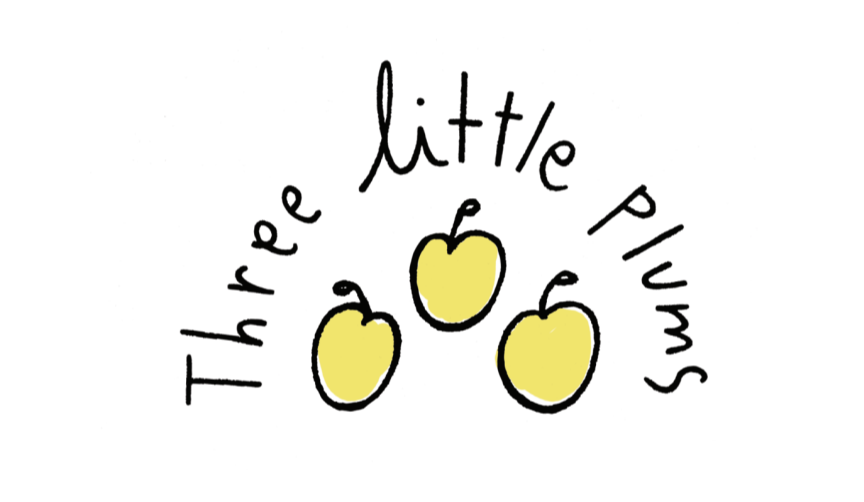Why you should test your soil for lead
Whether your kids are playing with dirt (mud kitchens anyone?) or your family is gardening in it- dirt health and quality is important and often something most of us don’t think about.
The main concern with dirt, from a chemical perspective, are heavy metals (you can also test your soil for macro- and micronutrients before gardening to know how much nitrogen, phosphorus, potassium you have and need to add via fertilizers). Lead, is especially concerning since it is very dangerous to young children and the developing fetus: affecting neurodevelopment and motor development, leading to learning, hearing, speech problems and lower IQ. Cadmium buildup can result in kidney and lung damage
Lead in soil can be a hazard for young children who play in the dirt and then put their hands in their mouths.
Equally as concerning is lead in a home garden; many root vegetables, leafy vegetables, grains & legumes absorb heavy metals from soil. Eat too many of these and the heavy metals can build up.
How do heavy metals migrate to soil? The main sources in most home gardens are:
Metals from air pollution
Homes built before 1978 usually have lead-based paint which can migrate to nearby soil
Vehicle exhaust (especially if you live near a high traffic area
Contaminated water
Pesticides
How big of a problem is lead in soil? That will depend on where you live- but it can be a significant problem in both suburban and urban areas
In NYC last year (2019) Researchers from CUNY took soil samples from 746 gardens citywide and found the majority were “contaminated” — posing “significant risks to human life and ecological systems,” . Soil in Brooklyn was specifically high in lead with one unspecified garden in the vicinity of Downtown Brooklyn, Brooklyn Heights and Park Slope measuring “an astounding 45,076 parts of lead per million — more than 100 times the federal standard of 400 parts per million”
According to Dr. Anna Paltseva, PhD, @soil_expert , who co authored the study, testing your soil is really easy.
“The best would be send a soil sample to the lab (but) since the labs are closed (due to COVID), I have found two simple kits that can be used at home to detect the presence of lead in soil as well as different household items. These kits won’t give you a concentration but rather identify the presence or absence of hazardous level of lead in soil.
If lead is present in soil it is possible there might be other contaminants in soil like zinc, cadmium, arsenic, copper, etc. depending on the source of the pollution”.
Here is a video Anna made to show us how easy it is to test your soil for lead at home
What should you do if you find lead in your soil?
According to Dr. Paltseva, PhD, if there are low to moderate levels of lead - it does not mean home gardening is out of the question, but it will require you to :
- try to determine the source: test water, consider if vehicle exhaust, nearby pesticide usage or lead containing paint could be the culprit
remediate the soil OR
get a raised bed
choose a place for your home garden or playspace that is as far as possible from traffic/ streets/ old paint
plant fruits and vegetables that arise from flowers. Heavy metals will accumulate in root, leaf, and stem vegetables and are less concentrated in fruits and head or flower vegetables. In other words focus on growing: tomatoes, eggplants, cabbage, broccoli, artichokes, cauliflower stone fruit, citrus fruits, and avoid growing radish, onion, sweet potatoes, carrots and leafy greens
Thoroughly wash all vegetables and fruits and peel root crops like beets, radishes, and carrots before eating. Discard older, outer leaves of leafy vegetables.
As for kids playing in soil? If levels are low, let them play- it is so good for them- but test the soil to make sure levels are not high and always wash their hands thoroughly after they finish playing (if your home test comes back positive for presence of lead you might want to do a secondary laboratory test to confirm how high the levels of lead are before you continue to allow kids to play in the soil)
Bottom line? Our home soil can be a great source of joy, fun, and healthy food - but taking the time for a quick lead test is SO easy and quick and worth it!

